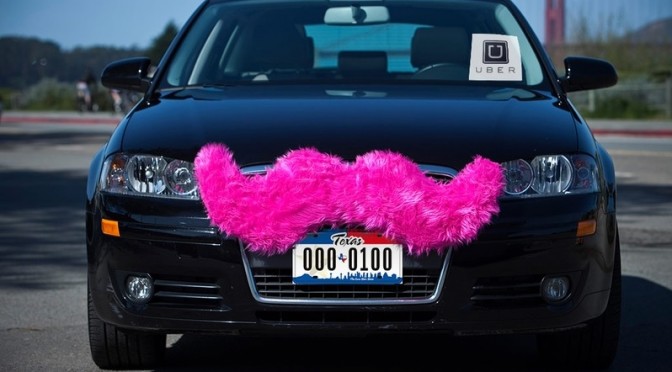This post is in response to a recent Texas Tribune article by Noah M. Horwitz. Please read his post on the Trib site for background. In summation, his editorial is arguing against the proposed changes to Houston’s Chapter 46, the rules governing Vehicles for Hire, if those rules are not evenly applied among existing taxi companies and newer model companies like Uber and Lyft. Horwitz presents a sound argument for equal treatment under the laws that govern vehicles for hire. But the argument still deserves further examination.
As a Houstonian that has used taxi service and often been dissatisfied with it, I cannot call my personal opinion “an outright lie”. That opinion was formulated by challenging experiences with taxi service in Houston. A specific instance being when I requested a cab in Downtown to take me to Montrose, and the driver arrived to pick me up. Before he allowed me into the vehicle, he asked me “are you going to Bush airport?”, and when I replied with my location, he sped off. Many other residents have had similar experiences with discrimination from taxi drivers. Of course it’s somewhat unfair to judge the actions of one individual against the whole, but if these are indeed multiplied, then it can become a real problem.
I also have to question the central point of equality in regards to a preferred client base. It is true that Uber and Lyft shift their pricing with more frequency than taxis, but it’s also true that patrons have other options like public transit. By the same measures which say that Uber and Lyft discriminate against seniors and the disabled, does that also mean that services like MetroLift and Harris County Transit discriminate against everyone but seniors and the disabled? While no one is arguing that all have a right to fair and equal transportation options, one could argue that it’s not necessarily Uber or Lyft’s place to provide those services.
To the specific comment “Uber and Lyft reserve the right to not pick up everyone, effectively disenfranchising those in poor neighborhoods”, it’s important to draw a distinction here between the two companies. Lyft vehicles are currently operating in most areas of the city, and give drivers no such preferential information, at least not officially. As their business model dictates and more drivers have come online, the Lyft service area has expanded. At its infancy in Houston, Lyft only operated inside the loop, but within a month drivers began working at the airport, and now cover many additional areas inside the Beltway. I wouldn’t suppose to define just which areas of the city are “poor”, but by reports from customers, Lyft drivers have been seen regularly in neighborhoods from Pleasantville and Montrose to River Oaks and Acres Homes. While Houston area taxi companies have an established service area that has developed over decades, it stands to reason that newer business models be given a provisional period to figure out what works best for them.
Also unlike Uber corporate, Lyft has not openly defied city regulations by going ahead and charging for rides, but still operates on a “suggested donation” basis.
After yet another delay by City Council today, it’s become quite clear that this is a contentious battle. But as technology adapts to a rapidly changing society, law needs to catch up and confront the business activities that are already going forward. Houstonians have invested billions of dollars to expand the city’s public transit options. While the massive gaps in things like insurance coverage and fair access need to be discussed, that is not necessarily a reason to halt operations of Uber and Lyft. These businesses deserve a chance in Houston, and if demand is any indication, that is what they will get from City Council.
(Photo credit: Texas Tribune)
